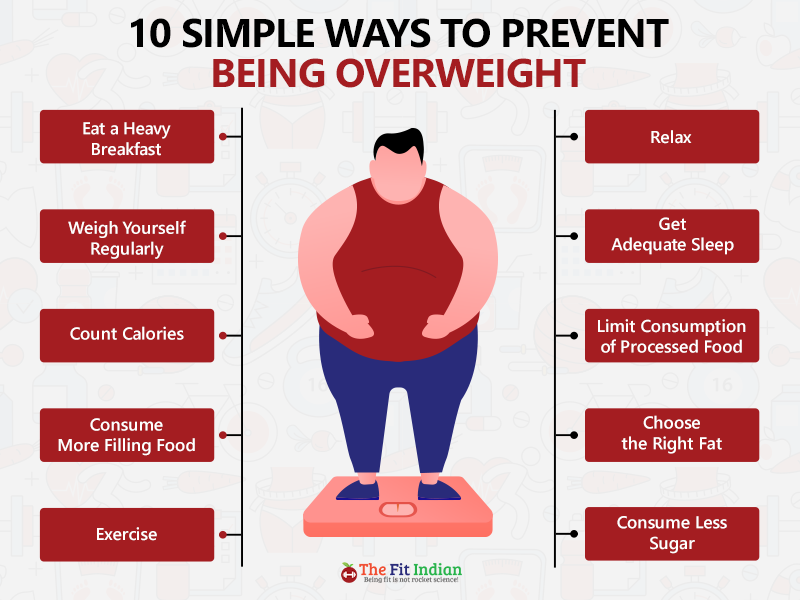What is Obesity? How to prevent Obesity?
Obesity is a medical condition characterized by an excess amount of body fat, which presents a risk to health. It is typically defined and measured by the Body Mass Index (BMI), which is a calculation based on height and weight. A BMI of 30 or higher is considered obese. Obesity increases the likelihood of developing various health issues, such as heart disease, type 2 diabetes, stroke, certain types of cancer, and osteoarthritis. It’s caused by a combination of factors, including genetics, dietary habits, physical activity levels, and environmental and psychological factors. Managing and preventing obesity involves a holistic approach, including dietary changes, increased physical activity, and sometimes medical intervention.
Preventing obesity involves a multifaceted approach focusing on diet, physical activity, and behavioral changes. Here are some key strategies:
1. **Healthy Eating Habits:**
– **Eat Balanced Meals:** Focus on a diet rich in fruits, vegetables, whole grains, lean proteins, and healthy fats.
– **Control Portions:** Pay attention to portion sizes to avoid consuming too many calories.
– **Limit Sugar and Processed Foods:** Reduce intake of foods high in added sugars and processed foods that are high in calories and low in nutrients.
2. **Regular Physical Activity:**
– **Stay Active:** Aim for at least 150 minutes of moderate aerobic activity or 75 minutes of vigorous activity each week, along with muscle-strengthening exercises on two or more days a week.
– **Incorporate Activity into Daily Life:** Take the stairs, walk or bike instead of driving, and stand up regularly if you have a sedentary job.
3. **Behavioral Changes:**
– **Mindful Eating:** Pay attention to what and when you eat. Try to eat slowly and only when you’re actually hungry.
– **Sleep Well:** Ensure adequate sleep as lack of sleep can affect hormones that regulate hunger and appetite.
– **Stress Management:** Find healthy ways to manage stress, such as through exercise, meditation, or hobbies, rather than eating.
4. **Preventive Healthcare:**
– **Regular Check-ups:** Regular visits to a healthcare provider can help monitor your health status and prevent the onset of obesity-related conditions.
– **Health Education:** Understanding the risks of obesity and being informed about healthy lifestyles can empower individuals to make healthier choices.
5. **Community and Environment:**
– **Supportive Environments:** Advocate for environments that support healthy living, such as safe parks for physical activity and access to healthy foods.
– **Policy and Public Health Initiatives:** Support policies that promote nutritional education, physical activity, and equitable access to healthy food options.
Combating obesity is not just about individual actions; it also requires support from communities and policymakers to create environments that facilitate healthy choices and lifestyles.

